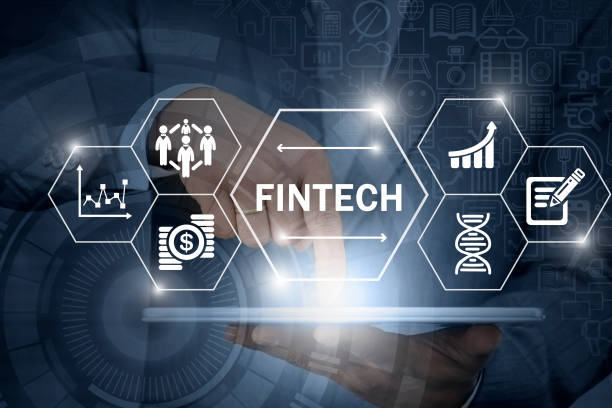Fintech: The Ultimate Guide
Fintech: The Ultimate Guide
1. The Story of Fintech
The cooperation between financial organizations and technology is constantly evolving. Though financial organizations always utilized technology to a certain extent, advancements brought by fintech and the internet are transforming how money is used in daily transactions. Additionally, these advancements change how people make investments, purchase products, transfer money, and pay their bills.
Efficient and innovative start-ups now provide services and capabilities that were limited to financial management institutes, banks, and insurance companies.
1.1 What is Fintech and a Fintech Company?
When considered in general, financial technology (fintech) defines the application of technology in relevant areas of the financial sector. Such areas include market provisioning, deposits, lending, insurance, payments, investment management, and capital raising. With fintech seeking to automate and enhance the use and capabilities of financial services, the financial sector is expanding rapidly. Moreover, the efficiency, speed, safety, global range, and
productivity introduced are game-changers for the financial sector.
Fintech companies provide financial services without the involvement of traditional banks. These companies allow the end user to go around middlemen, banks, and brokers thanks to cutting-edge technology. Hence, the end-user gets to interact directly with similar end-users or the business.
More recently, financial technology expanded beyond the usual areas like peer-to-peer lending and financing, covering all services and products once unique to the financial sector.
1.2 The Functioning Mechanism
Fintech fills the gaps in the services and products of traditional financial services. Moreover, it focuses on delivering to customers who have difficulty accessing a product or service. As opposed to traditional financial services, financial technology offers user-based and smooth-running products and services where ever other financial services are inadequate.
According to the World Economic Forum, fintech is surpassing traditional financial and other
services in the following sectors:
● Transactions
● Capital and Working Capital Raising
● Lending and Deposits
● Investment Handling
● Market Suppliance
Transactions
The evolution of technology, together with the increasing demand for cashless payment methods, is remodeling how transactions are made. Non-bank platforms now enable a variety of payment services.
The era of innovative technology and the internet create safe, reliable, fast, and easy-to-use payment options. Payment options are getting so simple that companies now provide one-click transactions! In addition, consumers can now eliminate the use of credit cards or avoid handling cold cash through cashless payments altogether.
Automatic bill payments have also made the life of a consumer easier. Fintech in payments is so advanced that anyone can deposit a cheque by snapping a picture using their phone! Customers can use their mobile phones to collect payments while maintaining safety through face, voice, and fingerprint encryptions.
Capital and Working Capital Raising
Fintech is a game-changer in the world of business financing. These platforms are completely reshaping how start-ups and mid-sized companies generate cash flow and working capital.
Micro, small, and medium-sized enterprises (MSMEs) often face unstable cash flows. Late payments, natural obstructions, uncalculated expenses, seasonality, production and labor costs, and many other factors cause their vulnerability. As a result, MSMEs require a reliable source to help generate cash flow. However, they can get rejected by traditional banks without collateral
or enough credit information. MSMEs can even sustain additional risks from non-performing assets.
With the intervention of financial technology, MSMEs can now generate reliable and fast cash flow through fintech platforms. These players reshape the way MSMEs access cash flow and finances for working capital. However, MSMEs often cannot produce financial reports for repayment capacity assessment and risk evaluation. Therefore, they use innovative technology
to enable services. These technologies accurately assess the time MSMEs take to convert their resources to cash (cash conversion cycle).
MSMEs can now quickly generate working capital outside banks, investors, and hedge funds.
Lending and Deposits
Financial technology removes hard cold cash from the equation. Consumers also don’t need to keep cash in financial institutions like banks. Most importantly, consumers no longer need to waste time on long waiting lists to borrow cash from financial institutions.
Angel investors and fintech financial platforms are ready to fund start-ups and MSMEs. These new lenders offer lending capabilities for business and personal needs. Additionally, anyone who wants to deposit their funds in an alternate location can opt for trading platforms.
Investment handling
Financial technology is rapidly changing investment management. Moreover, this allows investors to handle their money better. Modern trading platforms offer smaller traders investment options that were previously only available for traders with high net worth.
With fintech platforms, you will get client education, discounted fees, and easy access to a variety of short and long-term investment options that are as good as cash. In addition to that, investors get the liberty to handle their cash without middlemen and make carefully analyzed investments themselves!
Between computer-assisted trading and social trading, investors can make smaller investments to get reliable and fast returns. Most players in the field fall under the following categories:
● Alogarithmic Trading
● Automated Management & Advice
● Social Trading
Market Suppliance
Smarter machines and innovative platforms have entirely revolutionized market provisioning. These advancements will create stronger links between sellers, assets, and buyers.
Financial platforms use machine learning, big data, and artificial intelligence to facilitate and analyze the trade of stocks. Similarly, smart and innovative technologies answer to real-life events and give suggestions for trends and trades. They even consider social media and the news to decide price changes to gain the upper hand in trading!
Invest in fintech market provisioning to enjoy consistency, accuracy, and speedy trading along with the following players:
● Big Data
● Machine Accessible Data
● Artificial Intelligence & Machine Learning
2. What Difference does Financial Technology Make?
Fintech focuses on delivering seamless customer service, delivery, personalization, and efficiency over others. New innovative fintech financial platforms, in particular, make coveted financial services globally accessible. Customers love and appreciate the convenience, unmatched speed, and multi-channel capabilities offered by the fintech ecosystems.
Financial technology enables the following:
● A quick way to generate cash flow: Quick funds to generate cash flow for working capital!
● An investment with better returns than traditional financial institutions: Short-term investments that are as good as cash.
● Customer education to understand trading and stocks: Broad understanding of big data, artificial intelligence, and machine learning.
● A quick way to make payments: E-payments make purchasing goods so much easier!
● Contracts for Difference for currency trading: Invest smaller amounts in different cryptocurrencies.
● An alternate wallet for your cash: Eliminate running to the ATM using e-wallets!
● Opportunities to invest in start-up businesses: Help the community by funding MSMEs.
● Accurate prediction of market trends and prices: Reduce risks in trading through smarter and innovative technologies.








